Undergraduate Degree Courses
Biological Sciences
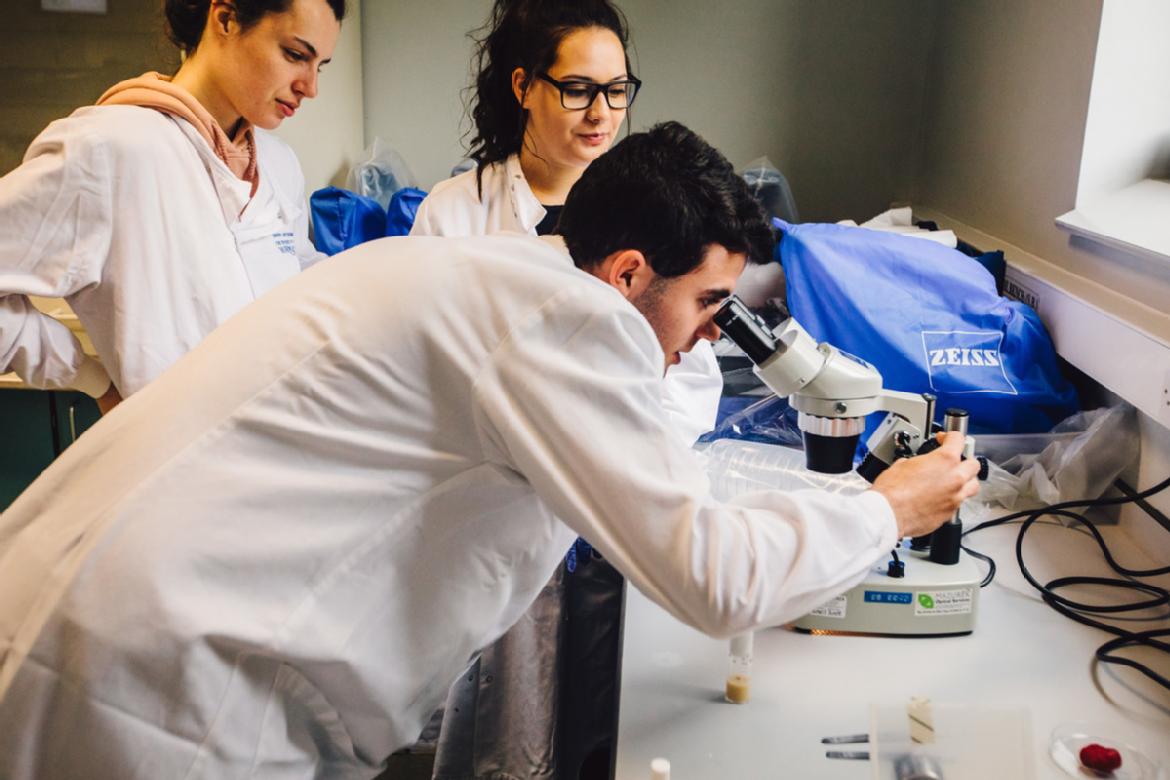
Our Biological Sciences course spans the entire scale of biological systems, from molecules to ecosystems. You will be exposed to cutting-edge research in molecular, cellular and whole organism biology, while covering applications of science to major global challenges such as environmental management, food security and human health.
BSc Biological Sciences (C100)
BSc Biological Sciences with placement year (C101)
Biochemistry
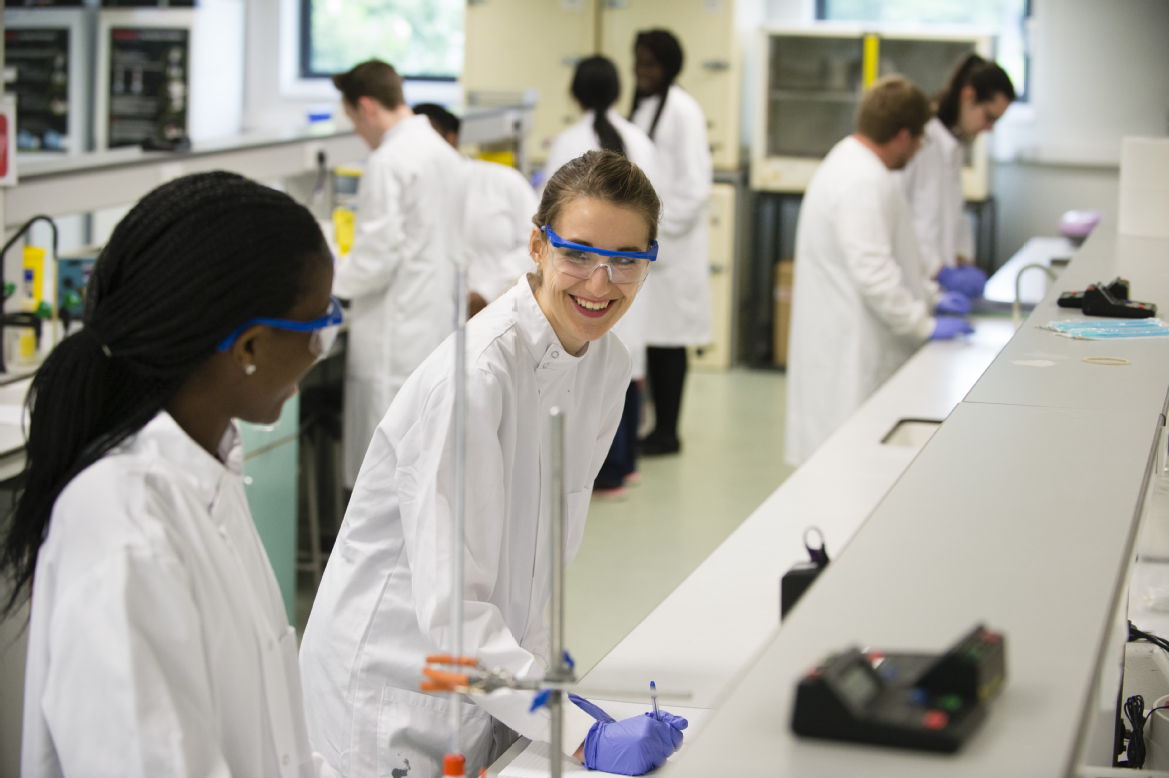
Following an in-depth foundation in biochemistry, this course broadens out to allow a focus on more specialist fields. These include biophysical chemistry, which covers biological macromolecules at the atomic level, and understanding the genome and gene regulation. You will graduate with a sound understanding of the biochemical and structural basis of molecular, cellular and development processes in a variety of organisms
Biomedical Science
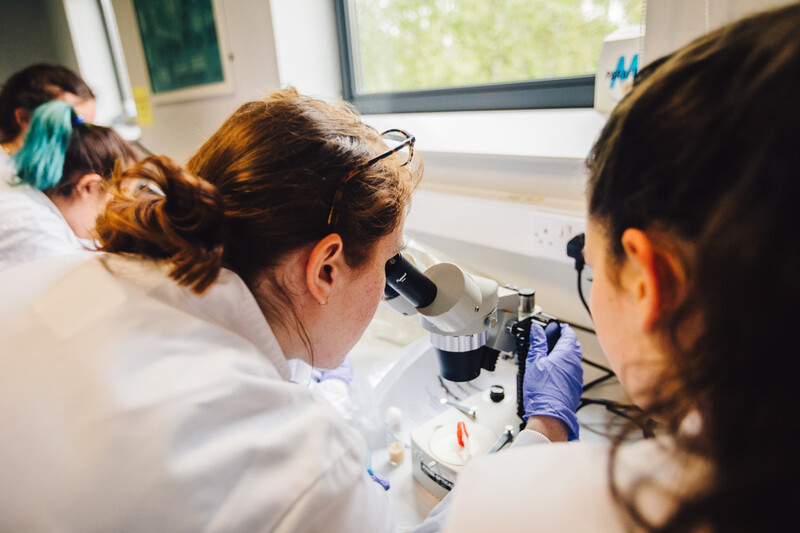
Our Biomedical Science course involves the study of life processes in humans. You will gain an understanding of the causes and consequences of human and animal disease, including infection, cancer and neurological decay. The application of new biological concepts in medicine is an ever-growing and exciting process. Developments in molecular, genetic and cellular biology research continue to drive progress in areas such as vaccine development, neurogenerative diseases and metabolic diseases.
BSc Biomedical Science with placement year (CB19)
Neuroscience
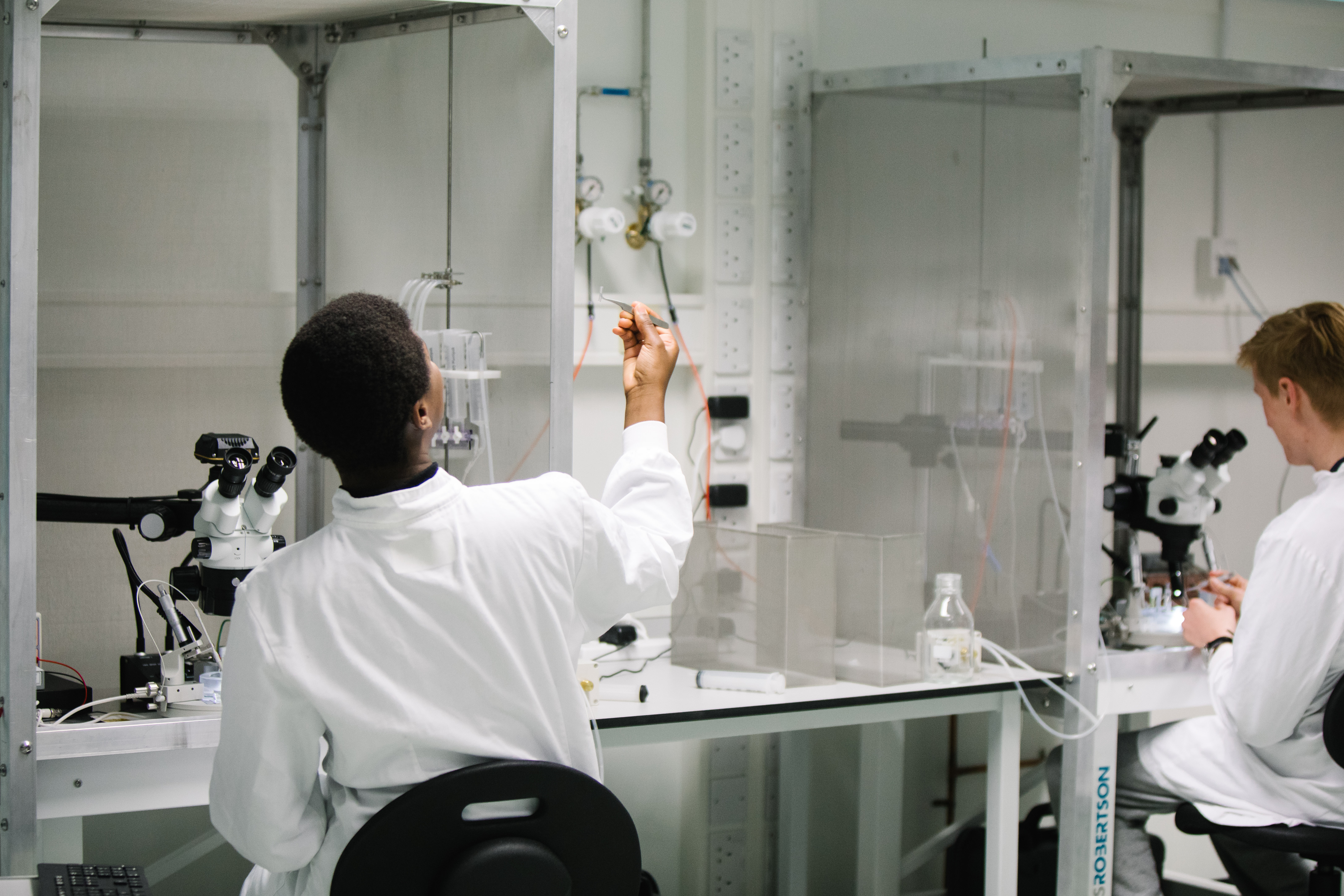
Neuroscience is about understanding the most complex organ in the body – the brain. Our Neuroscience course will appeal to those who have a strong interest in how the brain and central nervous system works, neurological diseases and treatments.
Foundation Programme
A pre-university course that helps prepare you for study in the UK and helps you decide on future study.
With a guaranteed offer from the School of Life Sciences, the Warwick International Foundation Programme (Warwick IFP) is a fast-track 9-month pre-university course for international students.
Find out more at warwick.ac.uk/ifp
We also contribute to the following degree programmes:
- BSc Life Sciences and Global Sustainable Development
- MSc Global Decarbonisation and Climate Change
- MSci Integrated Natural Sciences
Choice and flexibility
Our degree courses are specially designed to provide choice and flexibility.
We recognise that your interest in particular aspects of biology may develop only when you are more familiar with the subject at university level.
The first year syllabus provides the essential foundations in biology, biochemistry, genetics and chemistry. You will choose at least one optional module in the first year, depending on your course. In the second and third year the number of optional modules you choose will increase.
An MBio degree will give additional skills to boost your employability, because it provides the academic and transferable skills desired by employers, for example in project management.
RSB Accreditation
All of our undergraduate degrees are accredited by the Royal Society of Biology (RSB) and our MBio degrees hold advanced accreditation.
RSB accredited degrees undergo rigorous, independent assessment to ensure a solid academic foundation in biological knowledge and key skills and prepares graduates to address the needs of employers.
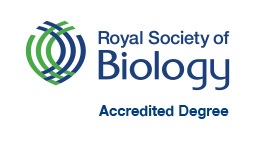
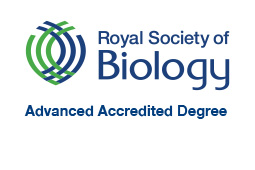
Four-year MBio
Our four-year integrated Master's (MBio) courses provide an additional year of study focused on a substantial research project, either within the School or industry.
You can apply directly for the MBio courses and you are guaranteed a place on the BSc courses if you do not achieve MBio entry requirements but do achieve them for the BSc.
Alternatively, if you are a BSc student and you achieve 2:1 or above in your second year, you can apply for a transfer onto the related Master's course (transfers are subject to student numbers and, for international students, visa requirements). Progression requirements are in place for MBio students at the end of their second year, if requirements are not met then students move to a BSc degree.
